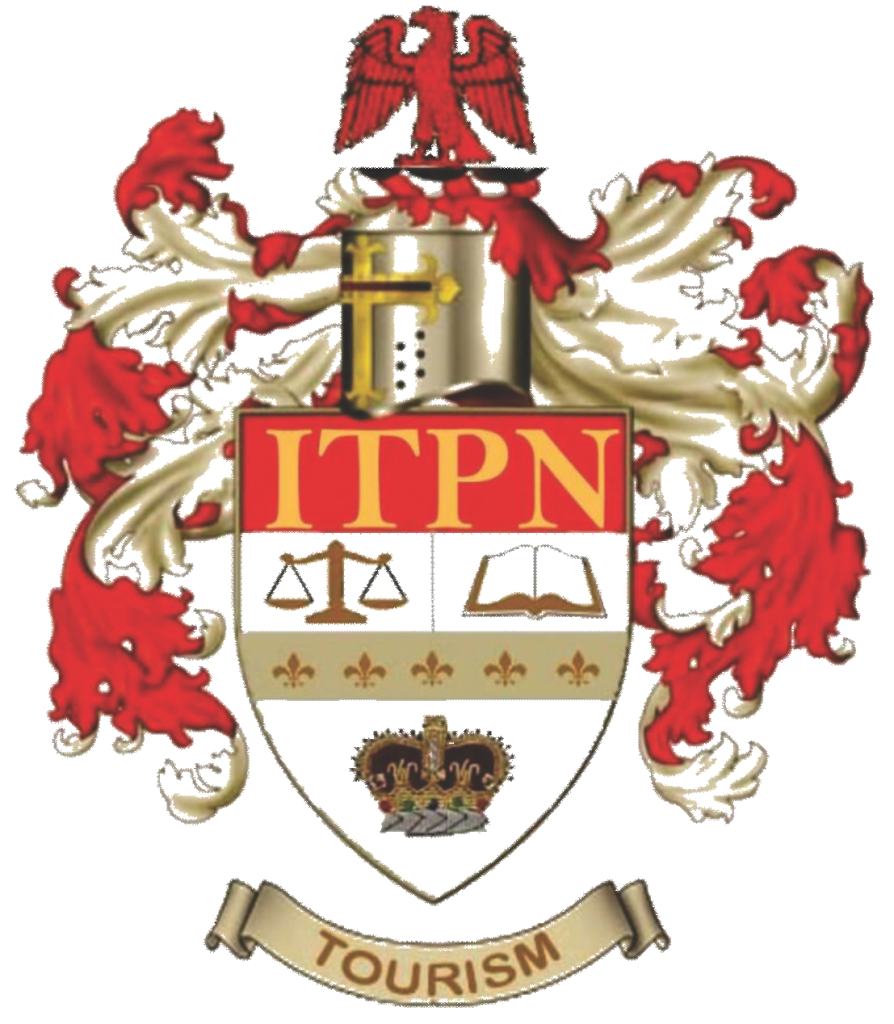NQF shows the broad descriptions of learning outcomes at each level, which are intended to represent a common standard met by all the qualifications at that level
The NQF helps learners to make informed decisions about the qualifications they need. They can compare the levels of different qualifications and identify clear progression routes for their chosen careers
It comprises of six levels (Levels 1 to level 6). Learners’ progression routes do not necessarily need to involve qualifications at every level.
If qualifications share the same level this means that they are broadly similar in terms of the demand they place on the learner. However, qualifications at the same level can still be very different in terms of content and duration.
Occupational Areas Covered.
ITP awards cover Qualifications in Tourism, Hotel Management, Food Safety and Premises Inspection, Food Hygiene, Airline and Airport Management, Customer Service, Event Management Tour, Operations, Catering, Travel and related Hospitality Industries, our awards are structured along the National Qualification Framework (NQF) levels.
The NQF is supported by level descriptors or indicators. These offer broad descriptions of learning outcomes at each level, which are intended to represent a common standard met by all the qualifications at that level.
The level indicators in the NQF are a guide to the range of qualifications and levels. They describe the learning and achievement that happens at each level and show how the skills and knowledge relate to job roles. The indicators are not intended to be precise or comprehensive; they should be used as working guides.
The level indicators have been designed for the purposes of clarification for:
-
individual learners,
-
parents,
-
teachers/tutors/trainers,
-
careers advisers,
-
employers
ITP QUALIFICATIONS TYPE AND LEVELS.
The content of ITP’s professional syllabuses has, naturally, been influenced by the requirements of employers and universities. The broadly based topics covered in the educational programmes of further and higher education sectors have been reflected in ITP’s syllabus with increasing emphasis placed on the National Occupational Standards for Tourism and Related Industries, the National Qualifications Framework, and on the conceptual frame of reference for Tourism which is divided into four elements:
-
Dynamic Element ‐‐ The Phenomenon
-
Services Element ‐‐ The System
-
Functional Element ‐‐ Management
-
Consequential Element ‐‐ Impacts
ITP QUALIFICATIONS TYPE AND LEVELS.
The content of ITP’s professional syllabuses has, naturally, been influenced by the requirements of employers and universities. The broadly based topics covered in the educational programmes of further and higher education sectors have been reflected in ITP’s syllabus with increasing emphasis placed on the National Occupational Standards for Tourism and Related Industries, the National Qualifications Framework, and on the conceptual frame of reference for Tourism which is divided into four elements:
-
Dynamic Element ‐‐ The Phenomenon
-
Services Element ‐‐ The System
-
Functional Element ‐‐ Management
-
Consequential Element ‐‐ Impacts


